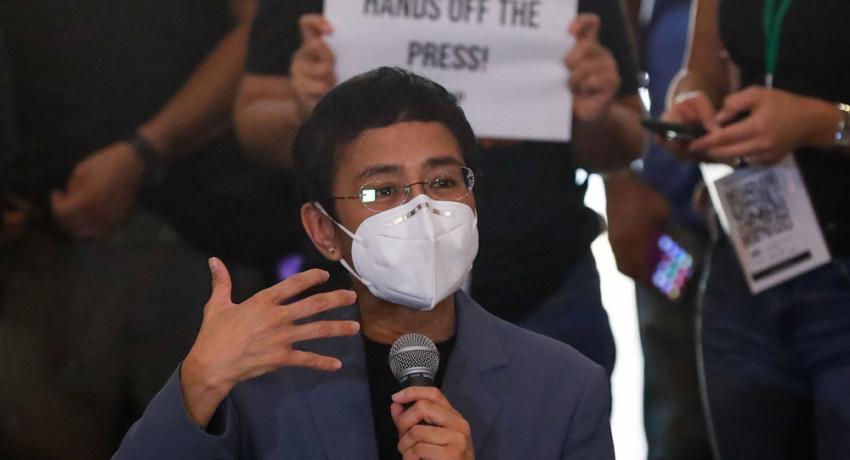Data Analytics for Social Media Monitoring
This guide is designed to help democracy practitioners better understand social media trends, content, data, and networks. By sharing lessons learned and best practices from across our global network, this guide empowers practitioners to make democracy work online by helping them understand data collection, locate the sources of malicious content, and use the tools of social media monitoring to support their objectives.

